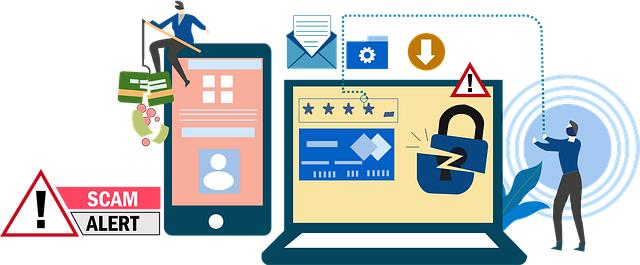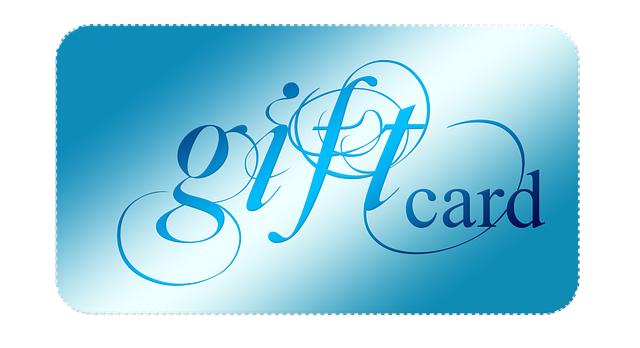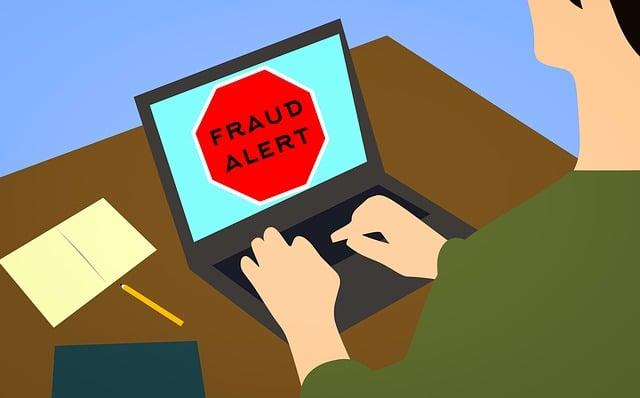- Introduction
- Definition of Gift Card Scams
- The Rise of Gift Card Scams in 2024
- How to Identify Gift Card Scams
- Protection Against Gift Card Scams
- Conclusion
- FAQs
Introduction
As we step into 2024, the landscape of online fraud is continually evolving, with gift card scams emerging as one of the most prevalent threats faced by consumers. This article aims to shed light on various aspects of gift card scams in the current year, encompassing definitions, rising trends, identification techniques, and protective measures that can be adopted to guard against these scams. With an alarming increase in these fraudulent activities, it is crucial for everyone to stay informed and vigilant.
Definition of Gift Card Scams
Gift card scams typically involve criminally motivated individuals deceiving victims into purchasing gift cards as a form of payment. The scam operates under various guises, often disguised as legitimate requests or situations. Victims may be coerced into buying gift cards under pressure, believing that they are resolving a problem or avoiding legal issues.
These scams exploit the anonymity and immediacy of gift card transactions—once the scammer receives the card details, they can quickly liquidate its value. Common tactics include impersonating trusted figures like government officials, tech support agents, or even family members in distress.
The fact that gift cards represent both an easy target and a difficult-to-trace form of currency makes them highly attractive for scammers. To identify a gift card scam, one must remain cautious of unsolicited requests for payment through gift cards—this is almost always a red flag.

(Image: Pixabay/@Fidsor)
The Rise of Gift Card Scams in 2024
In 2024, the incidence of gift card scams has surged alarmingly. According to recent reports, losses attributed to these scams have increased significantly, reflecting a broader trend in digital fraud. As more consumers adopt cashless transactions, scammers have adapted their methods to exploit this shift, making gift cards a preferred method for securing illicit funds.
Several factors contribute to the rise of gift card scams; one significant factor is the ease of access to a wide array of gift cards and the willingness of consumers to use them. Moreover, as more individuals shy away from traditional banking and cash transactions, fraudsters have capitalized on this trend, creating sophisticated schemes that prey on unsuspecting people.
Fake websites and phishing scams targeting individuals have also proliferated, resulting in a greater number of victims. Unscrupulous third-party platforms frequently present themselves as legitimate retailers, further complicating the landscape by making it difficult for consumers to differentiate between genuine promotions and scams.
In response, law enforcement agencies and consumer protection offices are navigating novel challenges as they attempt to educate the public about these rising trends and craft strategies to combat this rampant issue.

(Image: Pixabay/@Pexels)
How to Identify Gift Card Scams
Identifying gift card scams requires vigilance and awareness of typical characteristics inherent to these frauds. Here are several key indicators to be aware of:
Firstly, be cautious if anyone urges you to purchase gift cards for payments. Legitimate businesses and government agencies will not require payments in this form. If you receive such a request, take a moment to verify the legitimacy of the source before proceeding.
Secondly, watch for high-pressure tactics. Scammers may employ aggressive language or create a sense of urgency, urging immediate action. They may claim dire consequences if you don't comply with their demands, but remember that legitimate service providers will offer a reasonable time frame for any actions you need to take.
Thirdly, pay close attention to poor spelling and grammar in communications. Many scammers lack professionalism and may send poorly written emails or texts that contain typos or suspicious links. Always double-check the authenticity of any contact that appears questionable.
Lastly, if the request involves secrecy, that should raise further suspicion. Scammers often instruct victims not to disclose the matter to anyone, creating isolation. If you experience any such situation, reach out to trusted friends or family members for advice.

(Image: Pixabay/@geralt)
Protection Against Gift Card Scams
Protecting yourself from gift card scams necessitates a mix of awareness, caution, and proactive security measures. Here are some strategies that can help bolster your defenses:
First and foremost, educate yourself about the types of scams out there. Understanding how these scams operate can fortify your instincts when faced with potential fraud. Many organizations provide resources and information regarding common tactics and current scams making the rounds.
Secondly, always verify the identity of anyone requesting a gift card payment. Don’t hesitate to ask direct questions or call them back through official channels rather than using contact information provided by the requester. If someone claims to be from a government agency, use their published phone number to confirm their legitimacy.
Employing technology can also be beneficial in protecting against scams. Ensuring that your devices are equipped with security software capable of detecting phishing attempts or malware can serve as an additional layer of defense.
Lastly, maintain open communication with your social circle. Engage in discussions about scams and share experiences. Being part of a community that alerts each other about suspicious activities can significantly reduce the likelihood of falling prey to gift card scams.

(Image: Pixabay/@Mohamed_hassan)
Conclusion
As we move further into 2024, the increase in gift card scams underscores the necessity for heightened awareness and caution among consumers. Recognizing the tactics employed by scammers, adopting protective strategies, and remaining vigilant can help mitigate the risks associated with these fraudulent practices. It is essential to prioritize education and open discussions about scams within our communities to cultivate a collective defense against dishonesty.
FAQs
What should I do if I accidentally purchased gift cards for a scammer?
If you've realized that you've been scammed, report the incident to the issuing company immediately. They may be able to help return your funds or freeze the cards. Additionally, file a report with the Federal Trade Commission (FTC) and your local law enforcement.
How can I report a gift card scam?
You can report a gift card scam to the FTC, which collects information about scams and frauds. You can also reach out to the company that issued the gift card and inform them about your situation.
Are all gift card transactions scams?
No, not all gift card transactions are scams. However, it’s crucial to exercise caution when asked to make payments via gift cards. Always ensure you're dealing with legitimate entities before proceeding.
What are common types of gift card scams?
Common types include impersonation scams where the scammer pretends to be someone you know, fake tech support services, and urgent messages from fake authorities demanding payments via gift cards.
Can gift card scams be prevented?
Yes, by staying informed, verifying requests for gift card purchases, and employing protective measures, you can effectively reduce the risk of becoming a victim of gift card scams.

